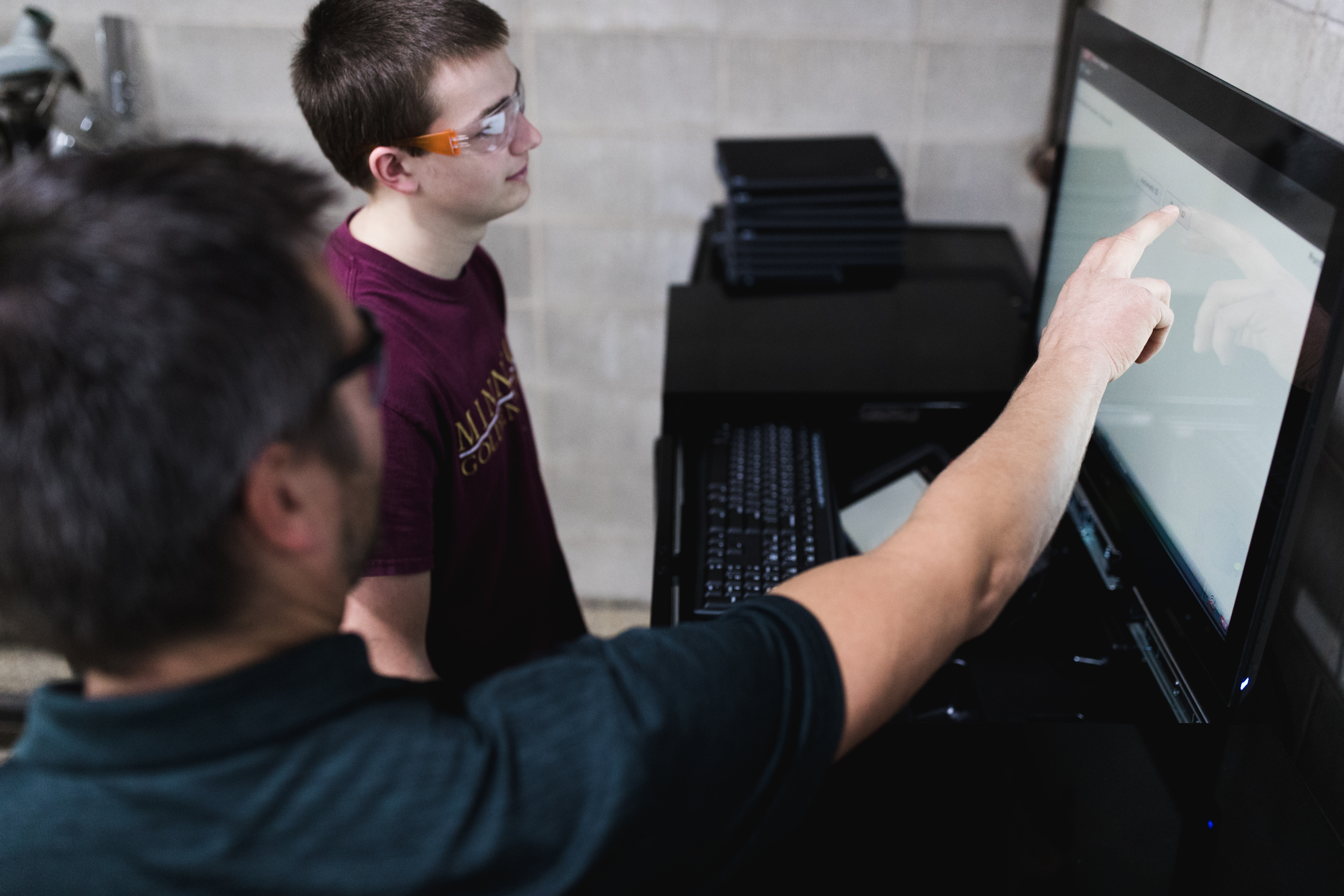The MREA Board appreciates Minneapolis Federal Reserve President Kashkari and retired Justice Page bringing attention and urgency to Minnesota’s achievement gaps both with quality research and this public call for change. The Board on Tuesday had a concentrated discussion on the proposed amendment for An Equal Right to a Quality Public Education and MREA leadership met with the amendment initiators on Thursday.
The MREA Board, at this phase of the conversations surrounding the proposed amendment, has the following three observations and 20 questions.
- MREA agrees in the urgency to address Minnesota’s achievement gaps. Too many kids are failing. In response, we ask “What can be done now?” We are unsure of the timetable for the courts to get to that question even with this amendment, and unsure whether the amendment will enable any state actions not currently allowed under our current constitution.
- To educate and to learn is a two-part process. By the definition, to ‘educate’ is to give intellectual, moral, and social instruction to (someone, especially a child), and to ‘learn’’ is to gain knowledge or understanding of or skill in by study, instruction, or experience and to come to be able to demonstrate that understanding and skill. By contrast, first amendment rights are singular. I speak, I join an assembly, I worship (or not). Even civil rights define what one can and cannot do; they do not require the participation of another person or organization.MREA wonders whether applying a ‘right’ to what is clearly a two part process requiring the active involvement of both educator and learner is the appropriate application of a ‘right,’ particularly when that ‘right’ is measured by the learners’ ability to demonstrate the learning of uniform achievement standards.
- To believe that public schools alone can close all achievement gaps is to put blinders on to the world we and our children, especially those not achieving, live in. MREA has long supported organizations and the state to address barriers to students’ readiness to learn from housing instability, hunger, early learning, public health, mental health supports, and the costs of post-secondary education. The list goes on. What efforts will the drafters and proponents of this amendment propose and work for in these areas? Or is the amendment it?
Read the full MREA memo and questions.
Meeting With Leaders
MREA leaders shared these observations and questions during a meeting with President Kashkari and Justice Page on Feb. 6. Those attending for MREA included Board President Lance Bagstad, who also serves as superintendent of Park Rapids Public Schools, Executive Director Fred Nolan and Director of Legislative Affairs Sam Walseth Also participating in this meeting were representatives of AMSD, MASA, MSBA, SEE, and the Minnesota Association of Charter Schools.
President Kashkari opened the meeting by observing that the achievement gaps were a surprise to him when he came to Minnesota from California, other states have made progress by updating their constitutions, and the political parties have their favorite solutions, which are different, and that is why little or no progress has been made in closing the achievement gaps.
Justice Page followed up by characterizing the proposed amendment as a “catalyst for breaking the political logjam” by doing two things:
- Shifting from system inputs to children and outcomes
- Putting the duty on the state, not just the legislature, and making it “a paramount duty”—no higher duty
President Kashkari added, creating this civil right, which is “the most sweeping change [in this proposal],” and having the public approve it and thereby stating it is their top value, means “the legislature will follow,” because the voters will have spoken.
What followed was 90 minutes of civil, direct, open questions and follow up covering many of the questions raised by MREA. Deb Henton, Superintendent of North Branch and incoming MASA Executive Director, summed up the mood of those present when she thanked President Kashkari and Justice Page for bringing attention to this issue and added, “but we are tainted from struggling so long without resources.” She went on that maybe this will fix it, but there are too many unknowns to know for sure.





